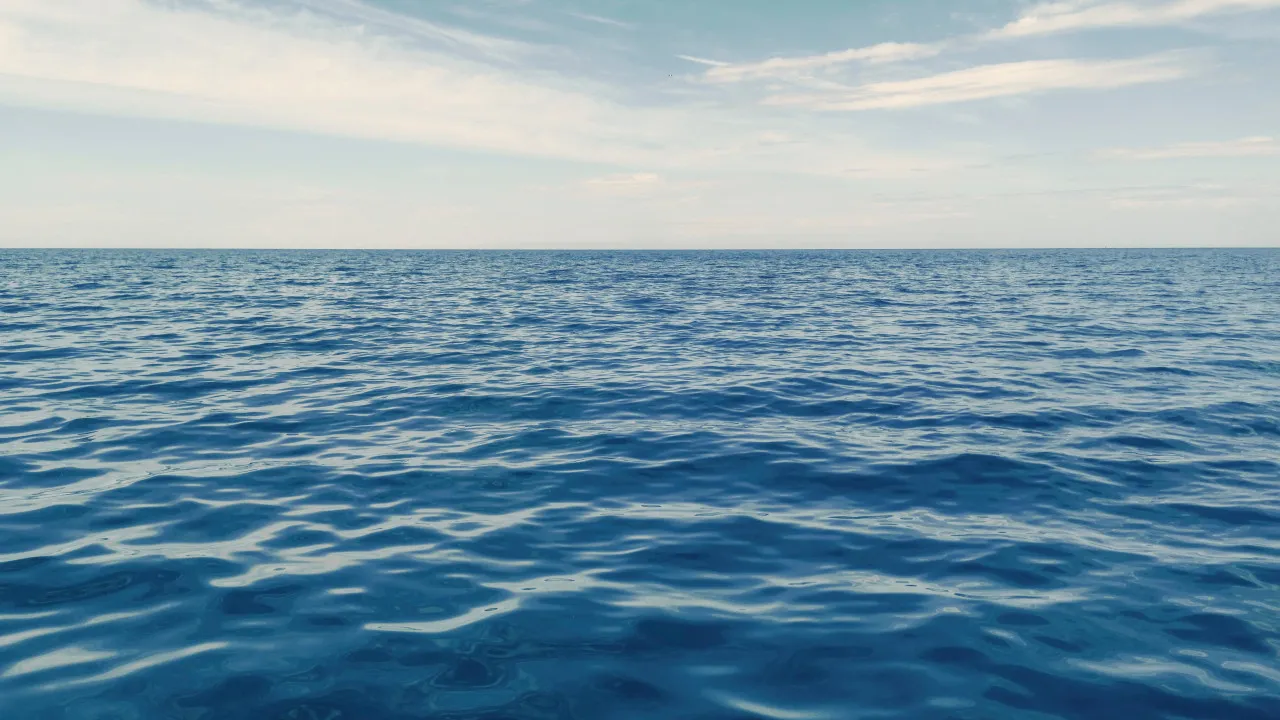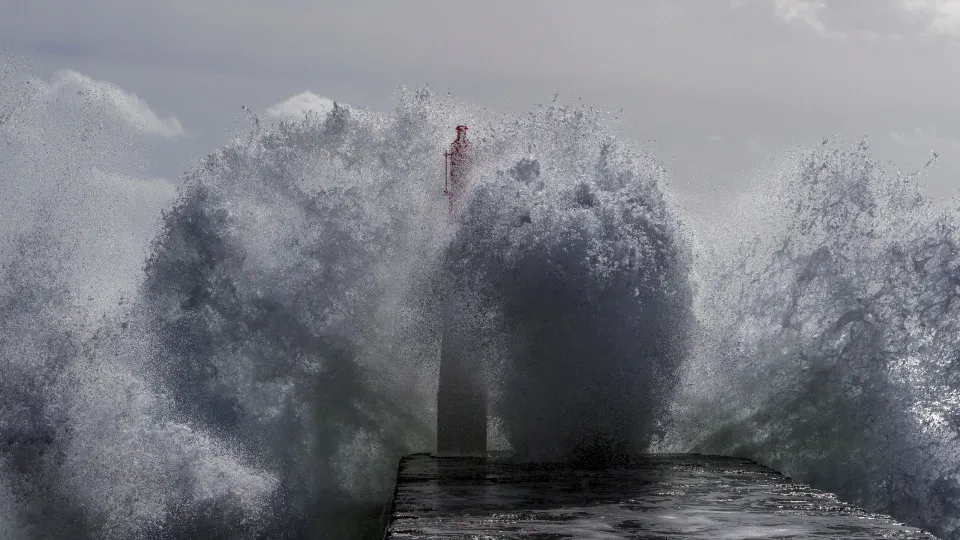
“The planet’s problem will only be solved if we know how to invest in the planet, not in transactions about the planet,” stated José Soares dos Santos, president of the Oceano Azul Foundation, after the signing of the memorandum.
The remarks were made at the sidelines of the Blue Economy Financial Forum, an event held in Monaco two days before the start of the UN Ocean Conference, in which the foundation participates.
“This work we want to develop with the London School of Economics aims to understand and bring to countries’ balances the importance of what took 4.5 billion years to create [Earth] and what we are simply melting away,” warned Soares dos Santos.
The idea is to “focus on the value of nature, not the value of transactions about nature, which is what we always talk about. We want to talk about the good, because this will then condition how this good is transacted.”
“We believe there is enough space and creativity to start work that will last four to five years, by the end of which we must have a way to understand better all the value created over the last 4.5 billion years,” he added.
In a statement, the foundation notes that this initiative, titled “Re-valuing Blue Natural Capital,” will develop tools to incorporate the ocean’s natural capital into the economy, specifically in investment structures and financial markets, contributing to ensuring that natural value is considered at the heart of global economic decisions.”
“The rationale behind this is that despite the ocean’s role as the driver of climate stability and the ocean economy’s essentiality for decarbonization, it remains removed from the center of political and economic decision-making,” it adds.
For the foundation, “its natural services are not calculated, routinely treated as externalities or perceived as inexhaustible resources, creating a profound market failure.”
To this end, it believes that “the unique global capacity for economic, legal, and environmental research at the London School of Economics will contribute to a fundamental change in how public and private finances approach ocean protection and support the integration of blue financial strategies, nature-based investments, and regenerative blue economy.”




